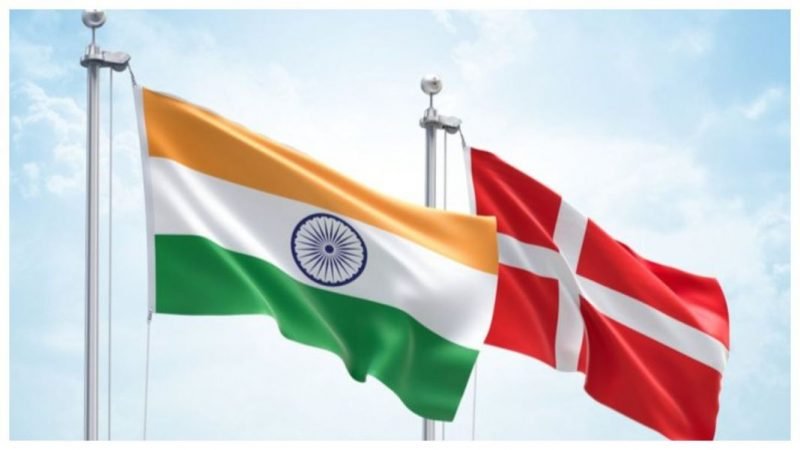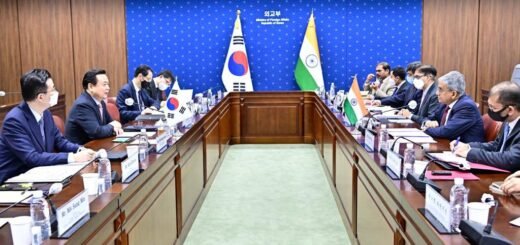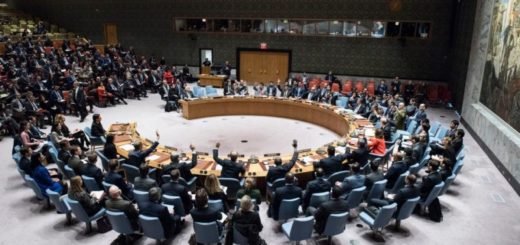Green Partnership: A new strategic alliance between India and Denmark

Denmark and India co-chaired a virtual meet on 28th September 2020 which supposedly marks a new dimension between the countries. Denmark and India have always shared cordial relation with one another, dealing with issues concerning both hard and soft diplomacy. The democratic traditions followed by both the nations have not only served the purpose uniting their missions locally, but has also extended in the international diaspora calling for international peace and stability. The virtual meet was addressed by Indian Prime Minister Narendra Modi and Danish Prime Minister Mette Frederiksen.
Scandinavian countries have always been a stellar example when it came to addressing issues of climate change and the environment. In a similar fashion, this virtual meet made history as India and Denmark agreed for a ‘green partnership’ constituting and establishing its bilateral relations. The green partnership is already underway as reports pronounced by MEA’s Joint Secretary (Central Europe) Neeta Bhushan mentioned that Danish companies are looking into the issue of ‘stubble burning’ thereby resolving ‘niche pollution’ to the maximum. The ‘green partnership’ is also a reminder upon both nations to commit themselves towards the United Nations Sustainable Development goals and upholding the validity of the Paris Agreement. Denmark and India promised that the beneficiaries of this green partnership will allow for the world to work towards the common yet difficult approach of sustainable development. In this extraordinary partnership, India and Denmark swore to ways of institutionalizing ‘green energy’ which would require investments by the private and the public sector. Another interesting angle which can be shelved out of the synergy between India and Denmark is the strategic ‘Strait of Hormuz’, as both the countries enjoy maritime assistance from UAE and this could promote out to new dynamics of bilateralism between the two.
It is a well-known fact that Denmark-India relations were halted over Kim Davy alias Niels Holck, who was the key conspirator of the arms drop in Purulia district, West Bengal back in 1995. India raised the issue of extradition of Kim Davy during the virtual meet, as MEA’s Joint Secretary (Central Europe) mentioned, “It was agreed concerned officials from both sides will be in touch with each other. Both sides will work for the early resolution of the issue.” Restraints in the bilateral relationship came about in 2012 when a lower court in Denmark refused to hand down the extradition of Kim Davy to India. Despite the concern raised, there were no commitments recorded from Denmark’s end and thus the matter again restored to its ambiguity.
The Joint Press Statement also touched upon issues such as science and technology, labour mobility and the health sector. The COVID-19 pandemic has revealed the loopholes in the international order and this calls for a reformed system of cooperation and communication. India and Denmark will be seen engaging in dialogues which would be pertinent to the public health sector—-strive towards a reformed global health chain. The virtual meet concluded with both the countries promising to work bilaterally toward reforms in multilateral organizations such as the WTO, UN, etc and also uphold the autonomy of Arctic Cooperation to sustain the global village, whilst addressing issues of climate change, the environment and energy resources.


















